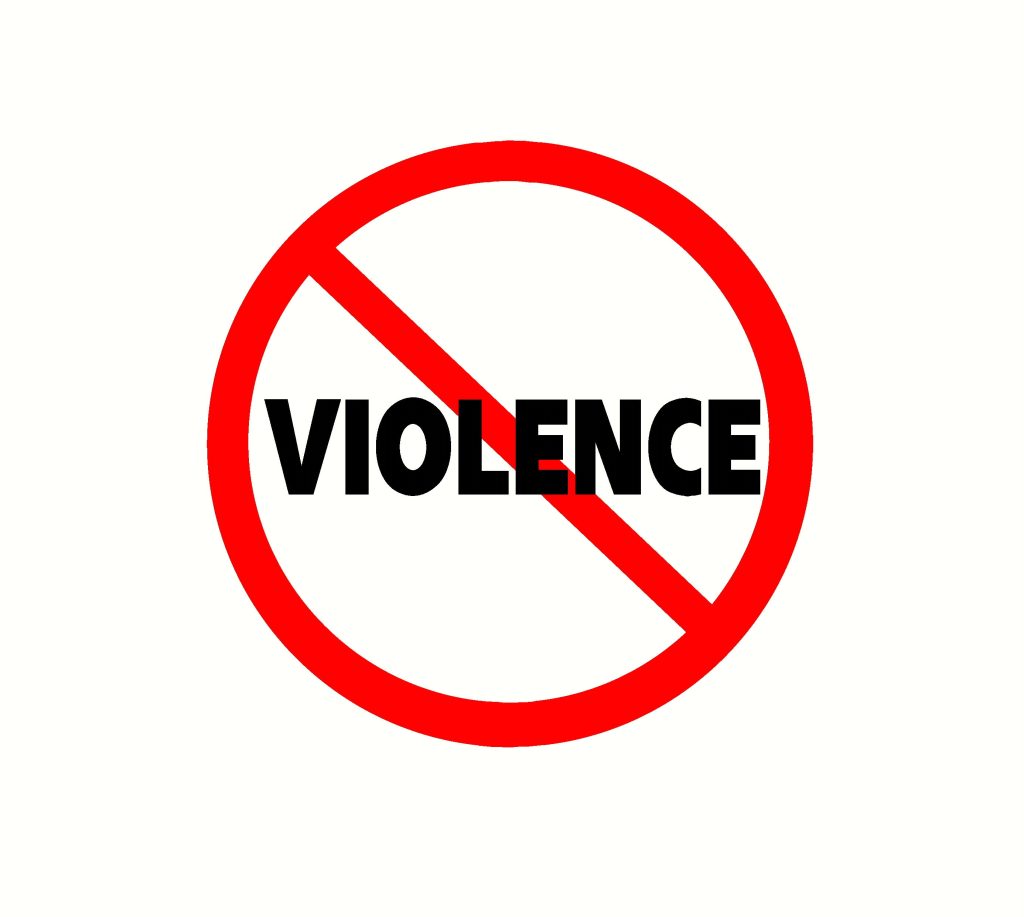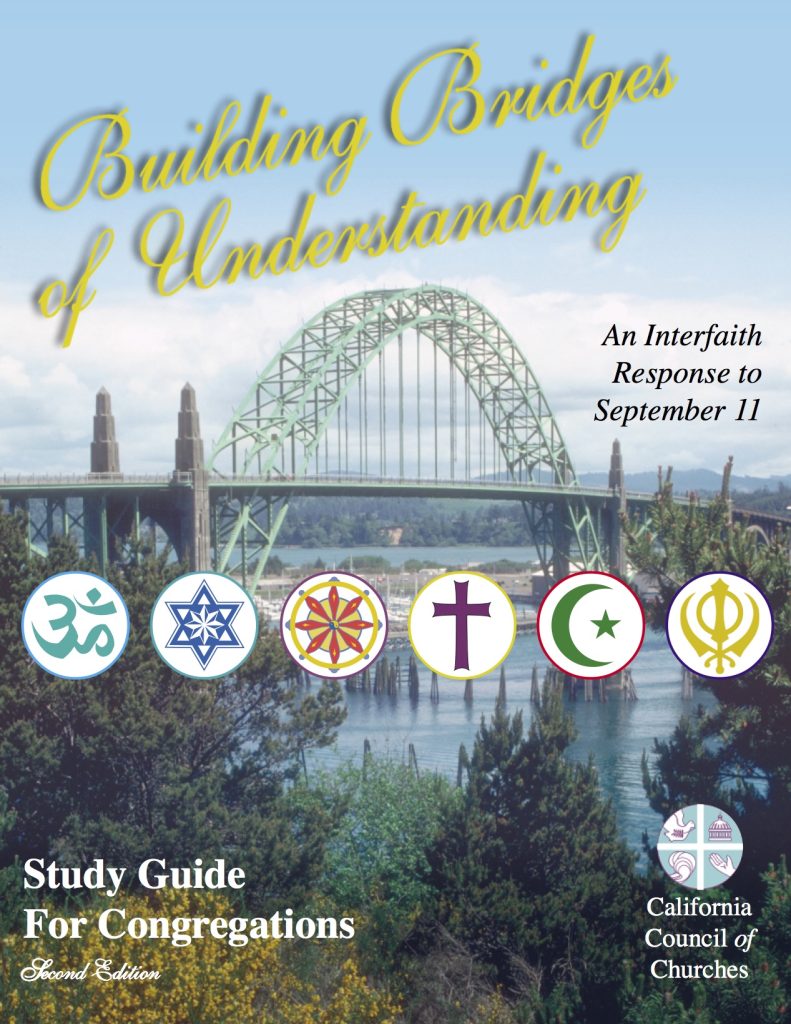Dear Friends,
We all remember, vividly, where we were on September 11, 2001. It’s burned into our existence. The unthinkable had occurred – the United States was attacked on its own soil. We were gutted and scared. Time seemed to stop. We will never forget.
Does any one of us remember where we were on September 17, 2001? I sure don’t. But what happened then was important, too. President George W. Bush went to the Islamic Center of Washington. Why? Because from 9/11 on, vicious hate crimes against Muslims skyrocketed. His trip to the mosque was in affirmation of the humanity of all Muslims in America. Hate crimes did not end because of it, but the numbers dropped precipitously because of the President’s action. Muslims in America were no more responsible for 9/11 than you or I.
This past weekend, as you probably have read or seen, a small group of Jews were quietly protesting the retention of 58 hostages in Gaza, people grabbed off the streets October 7, 2023. An Egyptian immigrant attacked them with Molotov cocktails and a fire starter and burned several of them, one severely, and one a Holocaust survivor.
Unlike the outpouring of support for our Muslim neighbors after 9/11, too many continue to insist that Jews in America are culpable for the actions of the Israeli government in Gaza, and therefore deserved what happened. Social media is crawling with “whatabout-ism” maintaining that as long as Israel continues to attack Gaza and Palestinians, “whatabout” those lives, and so what if some Jews got hurt or die?
Today the tarring has moved from Muslims to Jews. We cannot let that stand.

Many years ago, I was part of a women’s iftar at the Islamic Center of Southern California. It was interfaith — Muslims, Jews, and Christians. The rabbi said something I have never forgotten: “In disputes over land, let us never lose sight of our common bonds as people of the Abrahamic faiths.” We had a lot to say to one another that night, most of it positive. However, the actions of governments and the struggles for land have driven wedges among us all.
MANY of our congregations and denominations are pursuing “BDS” anti-apartheid strategies — Boycott, Disinvestment, Sanctions — with respect to altering Israel’s treatment of Palestinians.
Does that remove from us care for our domestic neighbors who have engaged in perpetrating no harm to Palestinians at all? Does it remove our care for Jews who are now being harmed by both pro-Palestinian sympathizers and domestic terrorists as at the Chabad of Poway here in CA and the Tree of Life Synagogue in Pittsburgh?
Let’s be honest here. “Those people” (fill in the blank) are dismissed or reviled depending on what has transpired. Well, how many of us who are Christians are exactly the same as our current administration, the KKK, the America First people of past and present?
“Othering” is really easy. It is always despicable.
We as Christians have been urged in our historical and living Scripture to take a very different view of humanity. As Jesus embraced anyone and everyone who heard him, heeded his message, we are called to do the same. He did not revile the Samaritans. He did not advocate rejection of those from other backgrounds. He never advocated violence and war. “Love thy neighbor” is not a lightly-proffered commandment. It is the hardest work of all.
So now we are calling on our members to offer their neighbors in synagogues protection and support as we did for our neighbors in mosques for many years. We also ask that mosques that will be targeted by white supremacist and anti-immigrant factions be given the same care we have offered before. The needs have not changed nor the targets for hate. We are called to give comfort to those in peril, and now it seems that’s almost everyone.
Keep to your advocacy. That’s about political issues of great importance. But please also keep to your humanity for your brothers and sisters and neighbors within our common traditions who are facing unprecedented hardships and fear.
This also might be a good time to revive discussions from our 2002 Study Guide, Building Bridges of Understanding. It can be downloaded and printed at Resources & Study Guides – California Council of Churches (calchurches.org) Scroll way down – it’s our oldest.

In a world gone mad and more irrational and dangerous by the day, we all ask, “What can I do?” Well, these suggestions above won’t change the world, but might change lives for the better. “Burdens shared are halved” as the old saying goes. Be a good neighbor for those in peril. That’s a huge contribution to the good.
Godspeed.
Thank you,
Elizabeth “Libby” Sholes
Public Policy Advocate
